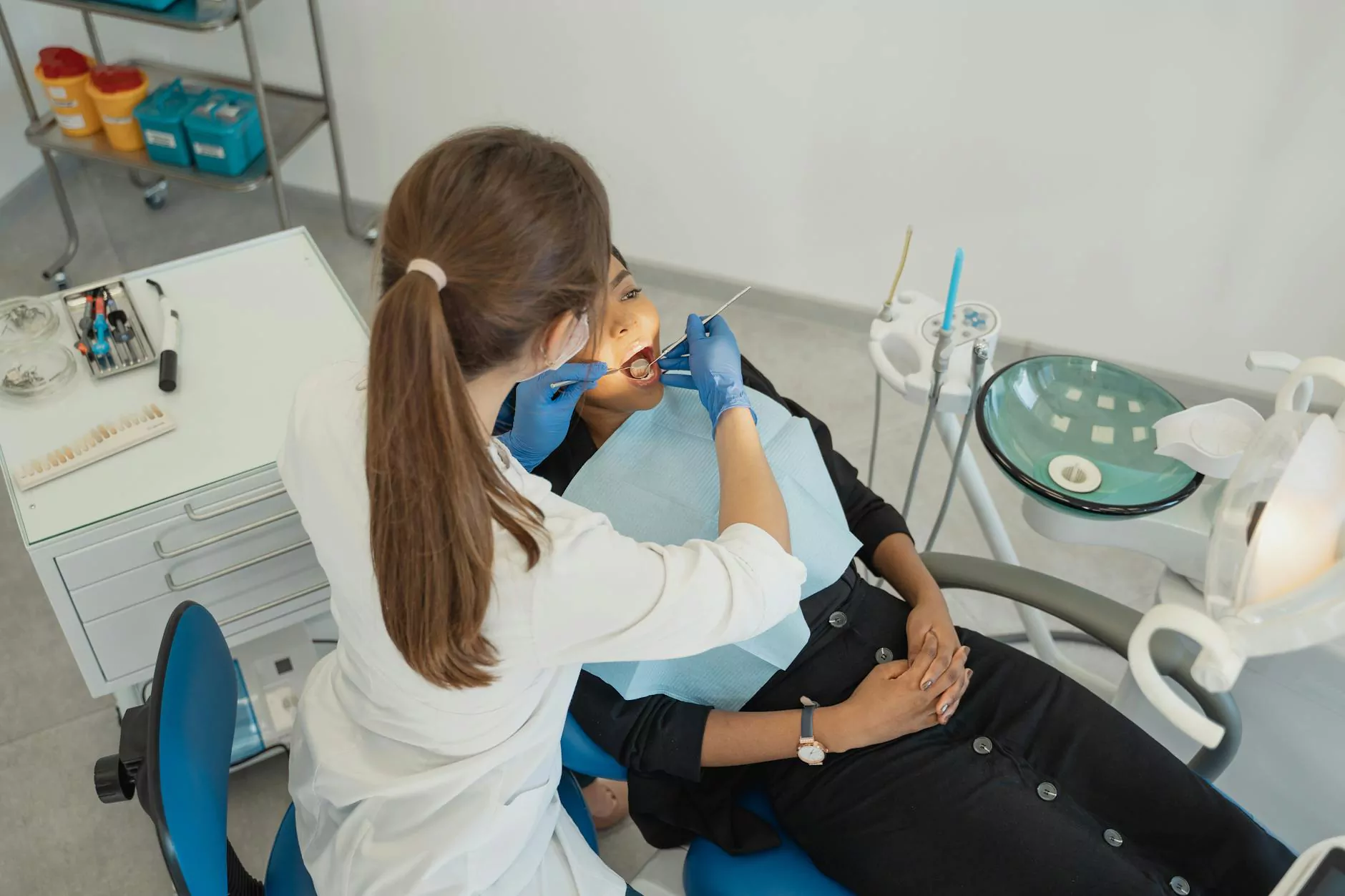The Nuss Procedure Cost: Comprehensive Insights for Patients

The Nuss procedure is a minimally invasive surgery primarily performed to correct pectus excavatum, a condition characterized by a sunken breastbone. Patients considering this procedure often have one pressing question: What is the Nuss procedure cost? In this article, we delve into various aspects of the cost associated with the Nuss procedure, its factors, what to expect during the process, and how to ensure you're making an informed decision.
Understanding the Nuss Procedure
The Nuss procedure offers a surgical solution for pectus excavatum that involves the insertion of a curved metal bar under the sternum to raise it into a more normal position. This operation is usually recommended for patients who experience severe deformity, psychological issues related to body image, or respiratory and cardiac problems due to the chest wall configuration.
Benefits of the Nuss Procedure
- Minimally Invasive: The procedure involves small incisions and results in less trauma to the chest compared to traditional open surgeries.
- Quick Recovery Time: Most patients can return to normal activities within a few weeks.
- Improved Aesthetics: Many patients report a boost in self-esteem post-surgery due to the noticeable improvement in breastbone appearance.
- Enhanced Functionality: Many individuals experience better cardiac and respiratory function after the correction.
Factors Influencing the Cost of the Nuss Procedure
The Nuss procedure cost can vary significantly based on several factors, including:
1. Geographic Location
The cost of medical procedures greatly depends on the region. Urban centers with a higher cost of living usually have higher medical expenses. For instance, the Nuss procedure in metropolitan areas may range from $30,000 to $70,000.
2. Hospital Facility Fees
The choice of hospital can influence the overall cost, as different institutions have different pricing structures. It’s crucial to consider the reputation and quality of the facility where the procedure will be performed.
3. Surgeon’s Expertise
The experience and credentials of the surgeon performing the Nuss procedure can also affect the cost. Highly qualified surgeons with extensive experience and positive outcomes may charge more for their services.
4. Anesthesia Fees
The type of anesthesia used and the duration of the surgery will also impact costs. General anesthesia is most commonly used for this type of surgery, and the anesthesiologist’s fee varies accordingly.
5. Postoperative Care
Aftercare and rehabilitation services are essential components of the total cost. Follow-up visits, physical therapy, and medications can add to the cost after the initial surgery.
Typical Cost Breakdown of the Nuss Procedure
To provide a clearer picture, let’s break down the typical components that contribute to the Nuss procedure cost:
- Surgeon’s Fee: $5,000 - $15,000
- Hospital Charges: $20,000 - $50,000
- Anesthesia Fee: $1,000 - $3,000
- Postoperative Care: $2,000 - $5,000
- Total Estimated Cost: $30,000 - $70,000
Insurance Coverage and Financial Considerations
Understanding how insurance affects the Nuss procedure cost is crucial for prospective patients. Here are some important points to consider:
1. Health Insurance Policies
Many health insurance plans cover the Nuss procedure, especially if it's deemed medically necessary. It’s important to check with your provider to confirm coverage specifics. Key steps include:
- Contacting your insurance company to discuss coverage for the Nuss procedure.
- Obtaining pre-authorization from your insurance provider, if required.
- Understanding potential out-of-pocket expenses, including deductibles and co-pays.
2. Financing Options
If your insurance does not cover the procedure, or if the out-of-pocket expenses are significant, there are various financing options available. Medical credit services often provide flexible payment plans tailored to individual financial situations.
Preparing for the Nuss Procedure
Preparation is key for a successful Nuss procedure. Here are essential steps to take before surgery:
1. Consultation with a Specialist
Schedule an appointment with a board-certified thoracic surgeon specializing in the Nuss procedure. During the consultation, discuss your symptoms, medical history, and expectations from the surgery.
2. Medical Evaluations
Your surgeon will likely request a series of tests, including:
- Chest X-rays to assess the severity of the pectus excavatum.
- CT scans for a detailed anatomical view.
- Cardiopulmonary evaluations, especially for patients with existing health issues.
3. Preoperative Instructions
Follow any preoperative instructions from your healthcare provider, which may include dietary restrictions, medications to avoid, and guidelines on smoking cessation if applicable.
What to Expect During and After the Procedure
The Nuss procedure typically lasts between 2 to 4 hours and requires general anesthesia:
1. During the Surgery
Once under anesthesia, your surgeon will make small incisions on both sides of the chest. A thoracoscopic camera is used to guide the placement of the metal bar under the sternum.
2. Postoperative Recovery
After the surgery, patients typically spend a few days in the hospital for monitoring. Recovery times vary greatly, but many resume normal activities within 3 to 6 weeks. Some postoperative symptoms may include:
- Chest pain, especially while breathing.
- Fatigue from the body healing.
- Restricted activities during the initial recovery phase.
Long-Term Outlook and Conclusion
The long-term outlook post-Nuss procedure is generally positive. Many patients report improved quality of life, enhanced physical abilities, and better emotional well-being. The metal bar is typically kept in place for 3 years before it is removed in a subsequent minimally invasive procedure.
Understanding the Nuss procedure cost is essential for informed decision-making. By considering factors such as your geographical location, hospital fees, surgeon expertise, and insurance options, you can better prepare for this transformative surgery. Always consult with qualified healthcare providers to address any concerns or questions you may have.
For more information and expert guidance on navigating your healthcare journey, visit elclinics.com.









